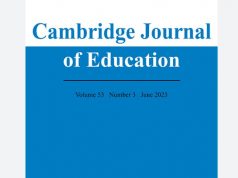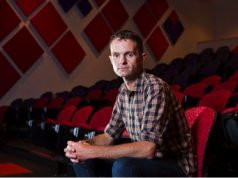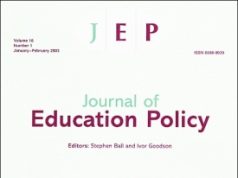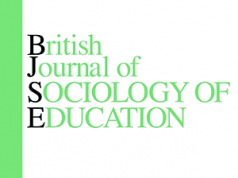Investigators:
Professor Neil Selwyn
Dr Nicola F. Johnson
Dr Scott Bulfin
Project status: Current
This project examines – and then looks beyond – the complex and often compromised nature of digital technology use in secondary schools. Combining large-scale surveying, in-depth ethnography and participatory design, the project will provide rich insights into how the full potential of digital technology might be realized within Australian schools (ARC Discovery DP140101258, 2014 – 2016).
This project addresses the long-standing ‘problem’ of schools and digital technology. In particular it addresses the question of why digital technologies such as computers, the internet and other recent forms of personalized and portable digital media have failed to lead to substantial change of schools and schooling. Most importantly, the over-arching aim of the project is to investigate the socio-technical adjustments that might be made within schools to facilitate ‘better’ uses of digital technology. The project is therefore distinct in focusing on the ‘state of the actual’ rather than the ‘state of the art’ of educational technology – aiming to develop detailed understandings of the ‘messy’ realities of digital education in situ. With these aims in mind, the project combines elements of the social sciences and design disciplines to actively collaborate with those who work within schools in experimenting and constructing alternatives to current forms of digital technology use. Using an innovative combination of large-scale surveying, in-depth ethnographic study and critical participatory design, the project will therefore develop rich insights into why digital technologies are often not being used to their full potential in schools, and then ask what might be done about it. This research will be of international significance in empirically exploring these issues on a large-scale, comparative basis – providing empirical insights that are of genuine practical significance as well as lasting academic importance.
There are four research questions:
- What are students, teachers, administrators and leaders claiming to use digital technology for in schools?
- How is this use and non-use patterned?
- What are the consequences and outcomes of this (non)use of technology?
- How could digital technologies be better configured and designed to support schools and schooling?
The project addresses these four research questions through an iterative mixed-methods research design. Firstly, patterns of current uses (and non-uses) of digital technology will be mapped by a large-scale survey of all students, teachers, administrators and leaders within three contrasting schools in Victoria – providing a detailed quantitative data set of how different groups are actually engaging with technology. These data will be supported by detailed in-depth ethnographic studies within the three school sites, providing insights into the changing nature of technology use within different types of institutional setting and triangulating the findings from the self-report survey. The final stage of the project will use these insights to inform an innovative stage of participatory design activities with small groups of students, teachers, administrators and leaders who will be supported in the participatory design of digital processes/practices/products that better ‘fit’ their working lives and needs.











